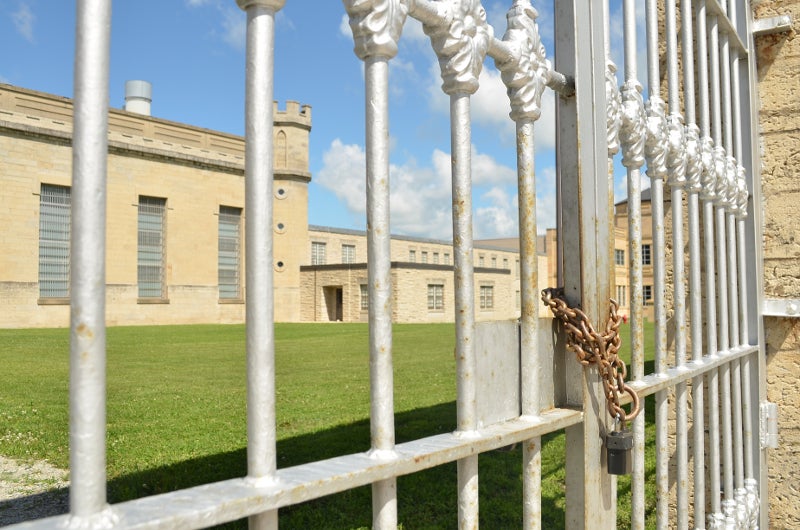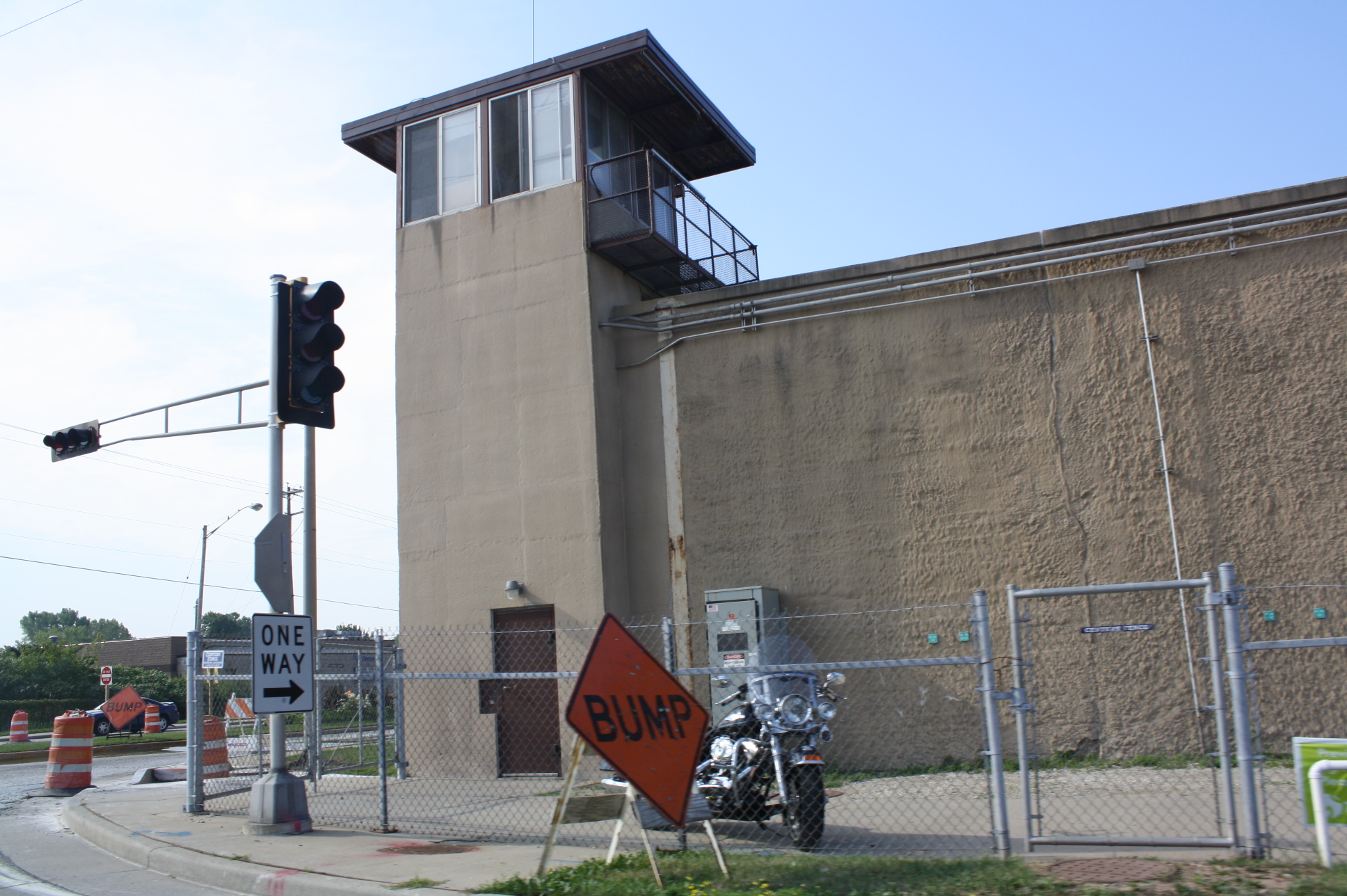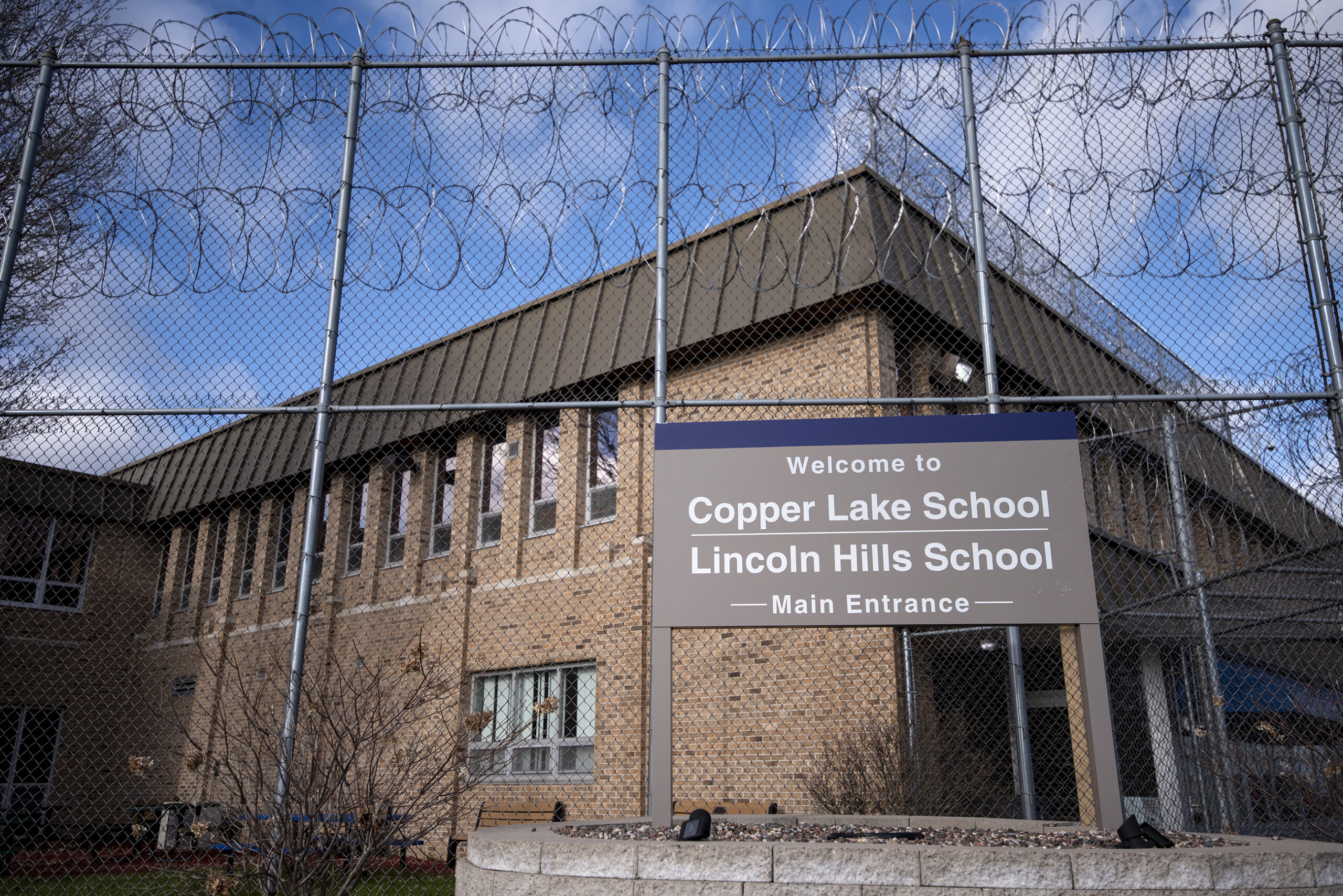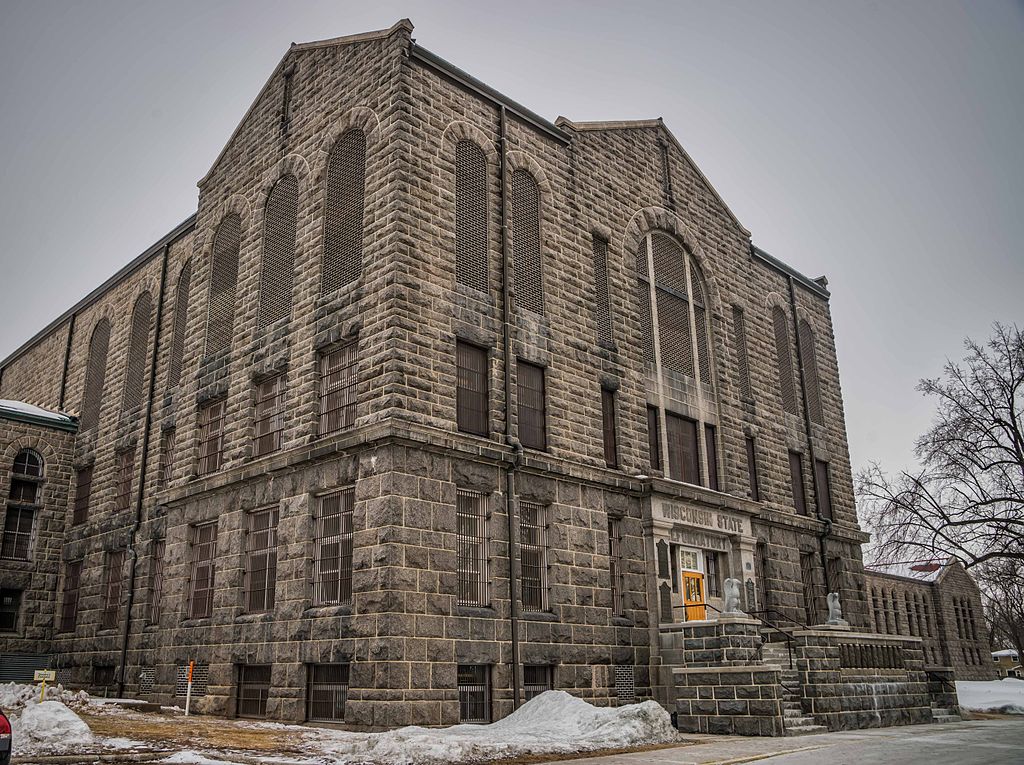Even as a prison reform movement grows in Wisconsin, with advocates saying the state can save millions of dollars and reduce its prison population by investing in rehabilitation programs, the issue has gotten little attention in this year’s tight race for governor.
The push for reform has largely come from the statewide faith-based group WISDOM, which has been holding monthly rallies on the steps of the state Capitol since August. Reverend Jerry Hancock, a former Madison prosecutor who now runs a prison ministry program for the United Church of Christ, often attends the gatherings.
“The Department of Corrections is out of control,” he said at one rally. “It’s the largest agency in state government, with a budget of more than a billion dollars a year.”
News with a little more humanity
WPR’s “Wisconsin Today” newsletter keeps you connected to the state you love without feeling overwhelmed. No paywall. No agenda. No corporate filter.
Added Hancock: “For more than 25 years, Wisconsin has embraced mass incarceration as a way of keeping our communities safe. That policy has proven to be ineffective and expensive.”
Several states, including Texas, have reduced prison costs by reforming sentencing and parole policies for nonviolent offenders and by increasing training and treatment programs both inside and outside of prison. It’s part of a national shift away from the tough-on-crime approach to what both liberal and conservative politicians now call being “smart on crime.”
Marc Levin heads the Texas-based group Right on Crime that boasts support from conservative luminaries like Newt Gingrich and former national drug czar Bill Bennett.
“We need to make sure that we’re cost-effective when it comes to criminal justice — that we hold offenders accountable, but we’re not too tough on tax payers,” said Bennett.
The reforms in Texas even allowed the state to close some prisons.

Protesters at a WISDOM-organized prison reform rally at the state Capitol. Photo: Gilman Halsted/WPR News.

State Rep. Evan Goyke, a prison reform advocate in the state Assembly. Photo courtesy of the Wisconsin State Legislature.
Under Gov. Scott Walker, Wisconsin has increased funding for treatment and diversion programs and drug courts that keep some low-level drug offenders out of prison. Nevertheless, the prison population hasn’t changed much during his tenure, hovering at around 22,000 for the past five years.
Still, reform advocates like Milwaukee Democratic state representative Evan Goyke say that while Wisconsin is behind the curve in terms of prison reform nationally, he’s optimistic about the possibility for change.
“I think Wisconsin is moving probably slower than the national trend, but you can see changes in how the majority party and the minority party are starting to better understand the criminal justice system,” said Goyke.
One reform that’s proved effective in cutting prison populations in Texas allows inmates to reduce their sentences by completing training and treatment programs. Wisconsin tried that approach under Gov. Jim Doyle, but after some inmates who were released early committed new crimes the Republican-controlled Legislature repealed it.
Walker said the measure didn’t save much money and that he won’t consider reinstating it. He said crime victims deserve to know that offenders will serve their entire sentences.
His Democratic opponent Mary Burke, on the other hand, said she’s willing to consider reforms that have worked in other states.
“I don’t care whether they’re Democratic or Republican ideas, I just care whether they’re going to work or not,” she said. “And it really looks like there have been significant strides made in other places that we can build on.”
The WISDOM group, however, is calling for more than just building on reforms in other states. Reverend Joseph Ellwanger of the groups’ Milwaukee office puts it this way: “We’ll continue until we have a radical transformation of the correctional system in the state of Wisconsin.”
It may be some time before any such transformation occurs: Neither Mary Burke nor Scott Walker say they’re ready to make major prison reform a top priority.
Wisconsin Public Radio, © Copyright 2025, Board of Regents of the University of Wisconsin System and Wisconsin Educational Communications Board.







